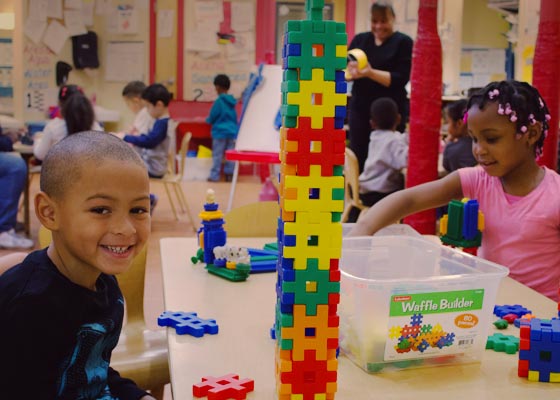
The Importance Of Linguistic, Emotional and Social Education For Very Young Children
There are many different education factors that people need to have, especially very young children who have just started to learn about so many new things. Linguistic development is often referred to language usages and it is divided to multiple sub-types. Teachers should encourage small children to understand spoken languages when they hear it and it is called the receptive language skill. Expressive language is the ability to use spoken language to easily communicate with others. Small children should be taught on how to understand sarcasms, irony, humor and respond appropriately to them. This is known as pragmatic language and can be quite complex for smaller children. They should understand about self-talk skill and it is typically known as silent, internal language that small children can perform to postpone impulses, cope with difficulties and think through problems.
Reasoning is also considered as a linguistic skill, since it is an improved version of self talk that people use to find solutions of the problem. Reasoning also helps children to create plans of actions through the use of words. Linguistic skill can also be expanded to creative thinking, especially because people can use language creatively for different reasons. Linguistic skills are also related to social development and it is essentially an underrated factor when educating very small children. No matter how good their intellectual, linguistic and physical developments, children can be doomed to live lives of difficulty and frustration, if they can’t gain both social and emotional skills. Teachers should provide small children with basic instructions on how to tolerate frustration. They should be able to cope with difficulty well and be persistent in getting answers and solutions to their problems.
Teachers need to instruct small children with impulse control that is the ability to thing properly before they act. With impulse control, children won’t do everything that comes into their head. Children should also know about basic anger management skills and they should be able to resolve conflicts without recourse to physical or verbal abuse. Children should also know about interpersonal intelligence, which could determine how they understand the motivation, beliefs and attitudes of others. Intra-personal intelligence is also essential, because children can understand their own motivations, beliefs and attitudes. Emotional skills should be expandable to social developments. Children should know how to share and it is the ability about share ideas and knowledge to others.
Social skills should help children when they need assistance and they could also know how to cooperate. Children with the ability to cooperate should know how work with others towards gaining goals. Collaboration is an important social skill and it is the ability to communicate our thoughts in a much meaningful way when working with others. Again, it is essential to know that linguistic, emotional and social developments play significant role in our lives to achieve respect and dignity. As adults, children will know how get along with family members, friends, workmates, bosses and life partners.
